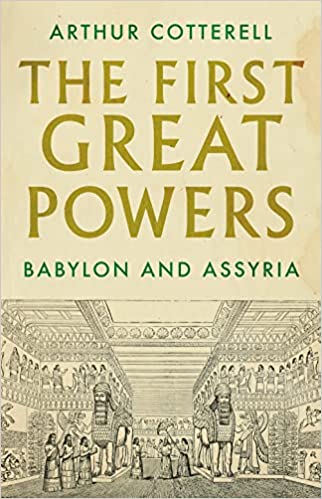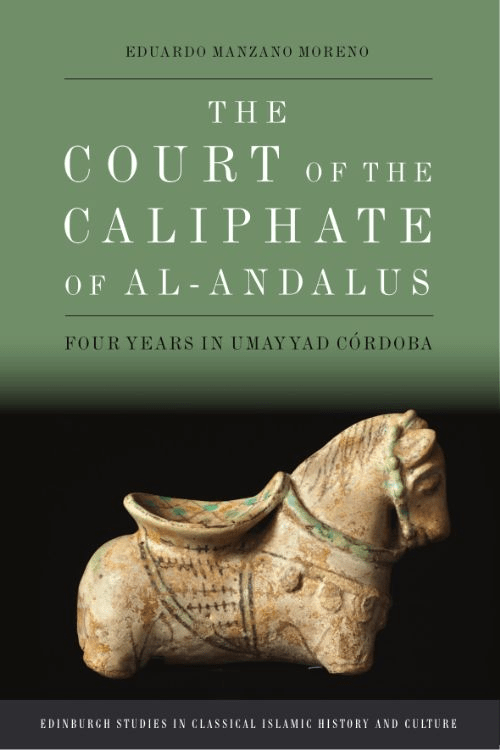
The First Great Powers: Babylon and Assyria
Jane Waldron Grutz
Arthur Cotterell.
Hurst, 2019.
Noted historian Cotterell brings the long and complex history of Mesopotamia to life in this survey of one of the world’s first great civilizations. This history begins in the fourth millennium BCE, on the Euphrates River, with the founding of the world’s first city, Uruk, in Sumer, where it is thought the Sumerians began to inscribe symbols on clay tablets. There, cuneiform was born, the world’s first form of writing. What followed was progress in the sciences, particularly mathematics and astronomy, paving way for the rise of Babylon and later Assyria, where both sciences were used to control economies and foretell the future. Cotterell states the role played by kings and gods throughout Mesopotamian society and how advances in warfare allowed some nations to expand and, over time, create power centers capable of administrating large tracts of land and bringing diverse peoples together into a unified whole, thereby creating a civilization not so different from our own.
You may also be interested in...
.png?cx=0.45&cy=0.59&cw=382&ch=519.4922937443337)
New Book Decodes Mystery Behind Sixth Century Mosaic Pavement
Jane Chick’s 2024 study on enigmatic Libyan mosaic bridges Late Antiquity Roman and early ecclesiastical art.
New Perspective Offered in The Court of the Caliphate of al-Andalus — Our Book Review
Author Eduardo Manzano Moreno gives life to a court scribe’s observations of Córdoba to offer a rarely explored view of the era